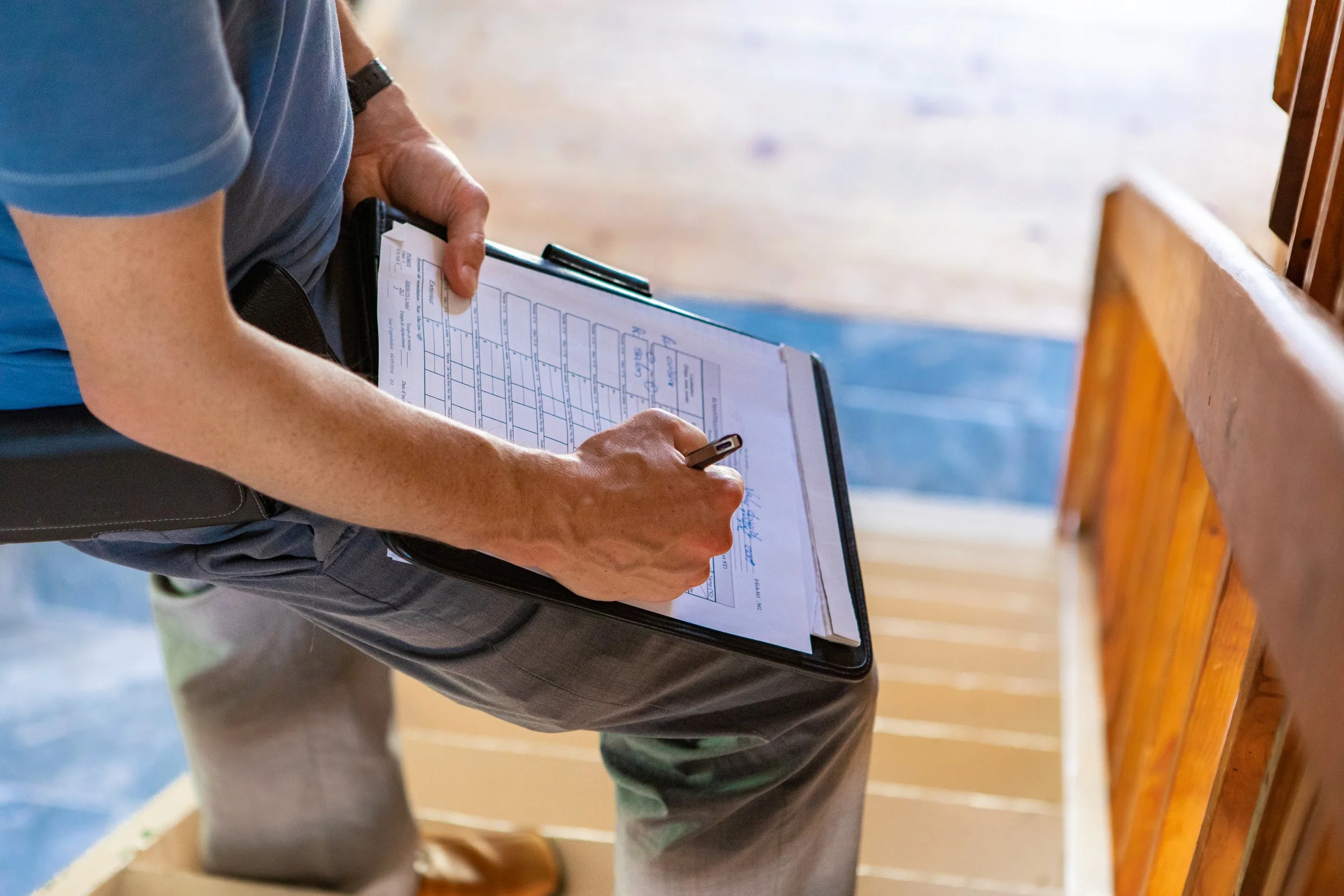Can I Move In Before My Home Inspection?
When the excitement of purchasing a new home takes over, the thought of moving in as soon as possible is incredibly tempting. You've finally found the perfect place, your offer has been accepted, and you’re eager to start this new chapter in your life. But then the question arises: Can you move in before the home inspection is complete? While the idea might seem appealing, it's essential to understand the risks and implications of doing so.
Understanding the Importance of a Home Inspection
A home inspection is a crucial step in the home-buying process. It provides an objective assessment of the property's condition, revealing any hidden issues that could turn your dream home into a costly headache. From structural problems to electrical and plumbing issues, a home inspection is your opportunity to ensure that you’re fully aware of what you’re buying. It's essentially your safety net, giving you the information needed to make an informed decision about whether to proceed with the purchase, negotiate repairs, or even back out of the deal if the issues are too significant.
Risks of Moving in Before the Inspection
Moving in before the home inspection is completed is generally not recommended, and here’s why:
1. Unforeseen Issues: The most obvious risk is discovering major issues after you’ve moved in. Imagine settling into your new home only to find out that the roof needs replacing or the foundation has serious cracks. Once you’ve moved in, you lose leverage in negotiating repairs or price reductions with the seller, and you might be stuck with costly repairs that could have been avoided.
2. Legal and Financial Implications: If you move in before the inspection and later decide not to proceed with the purchase due to inspection findings, you could face legal and financial challenges. Depending on the terms of your purchase agreement, you might not be able to back out easily once you’ve taken possession of the property. In some cases, you could be required to complete the purchase regardless of the inspection results, which could put you in a difficult financial position.
3. Insurance Concerns: Most homeowner insurance policies only become effective once the purchase is finalized. If you move in before closing, you may not be covered in the event of a disaster, such as a fire or flood. Without proper insurance, you could be left to handle significant financial losses on your own.
When Moving in Early Might Be Considered
While moving in before the home inspection is generally discouraged, there are rare circumstances where it might be considered, such as:
Written Agreement: If you and the seller come to a written agreement that explicitly allows you to move in early, with clear terms and conditions that protect both parties, this could be a viable option. However, it's essential to have this agreement reviewed by your real estate agent and attorney to ensure that you’re protected.
Minimal Personal Belongings: If you must move in early, consider only bringing in minimal personal belongings. This way, if the inspection reveals issues that lead to you backing out, you won't have the logistical headache of moving all your possessions out again.
Conclusion: Patience Pays Off
While the prospect of moving into your new home ahead of schedule is exciting, it’s almost always wiser to wait until after the home inspection is completed and all potential issues have been addressed. A home is one of the most significant investments you’ll ever make, and it’s crucial to approach it with caution and due diligence. By waiting until the inspection is done, you protect yourself from unforeseen problems and ensure that your new home truly is the perfect fit for you and your family. In the end, patience during this process can save you from stress and financial strain down the road.

